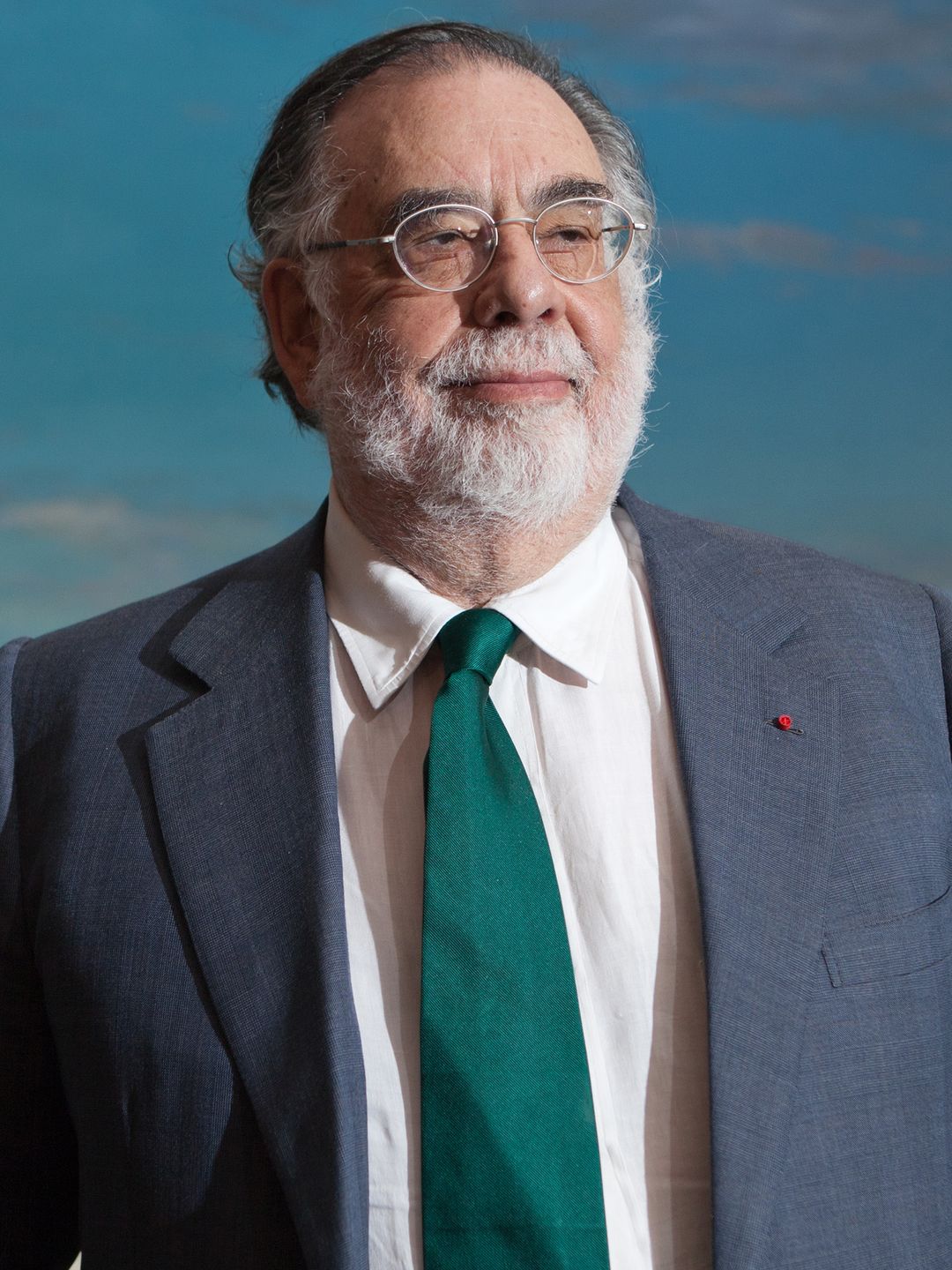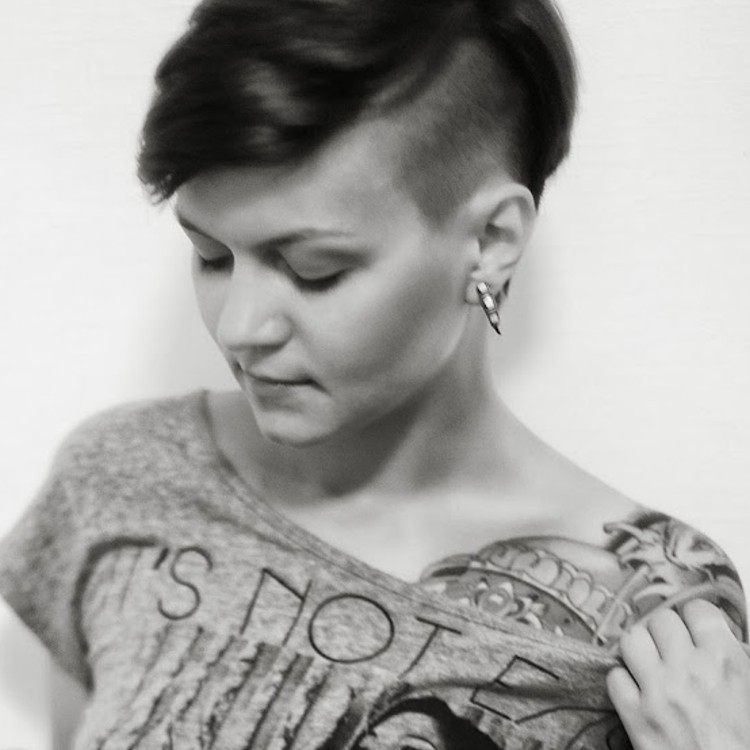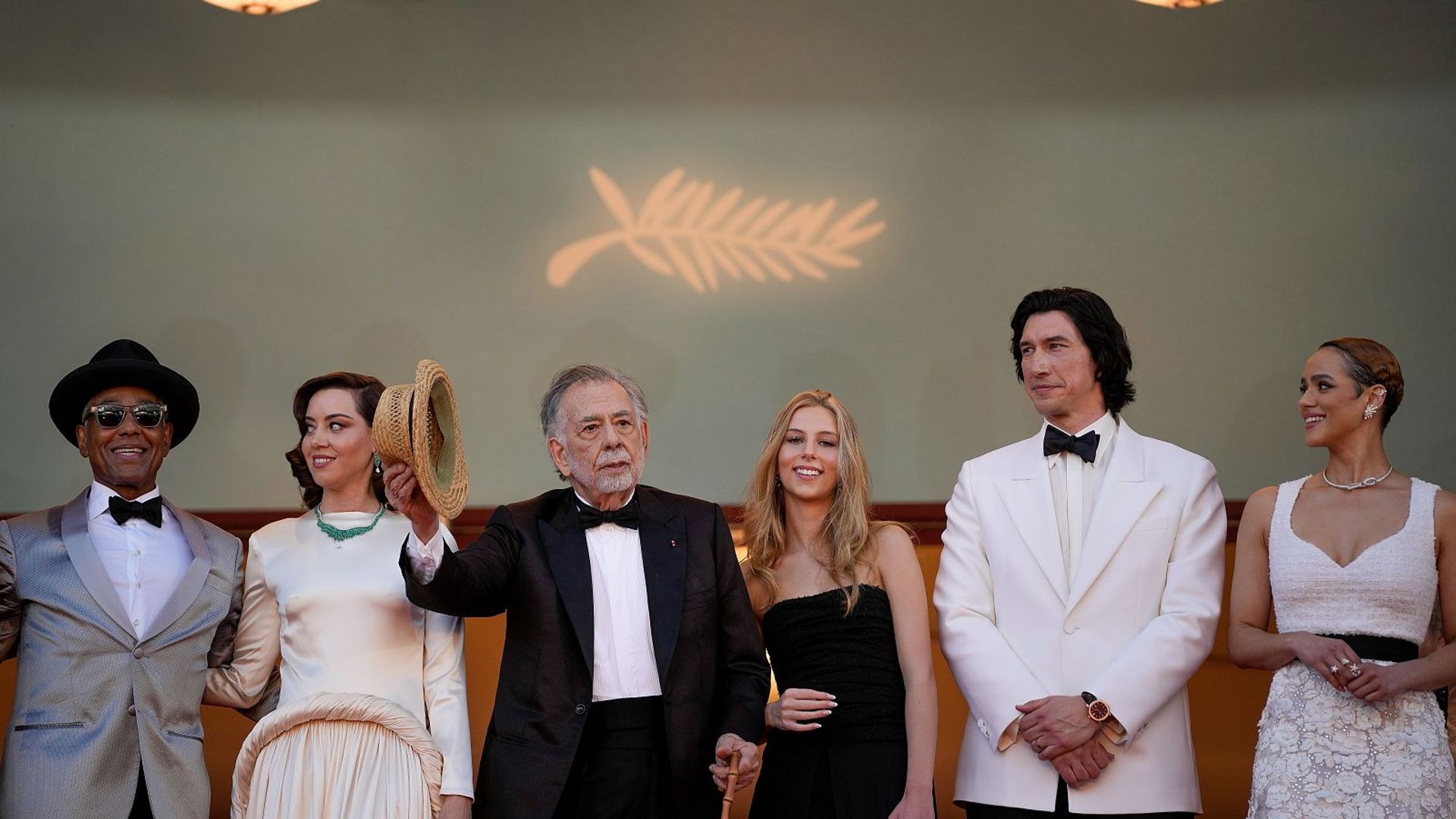Biography of Francis Ford Coppola
Francis Ford Coppola is a renowned American film director, screenwriter, and producer. He gained fame with "The Godfather" trilogy, the biographical drama "Patton," and the anti-war film "Apocalypse Now." Winner of five Oscars and five Golden Globes, he also received the Palme d'Or twice at the Cannes Film Festival, including for the film "The Conversation." Reflecting on his career, the director once said: "Being on a movie set is like running on a track with a train coming at you faster than you can run."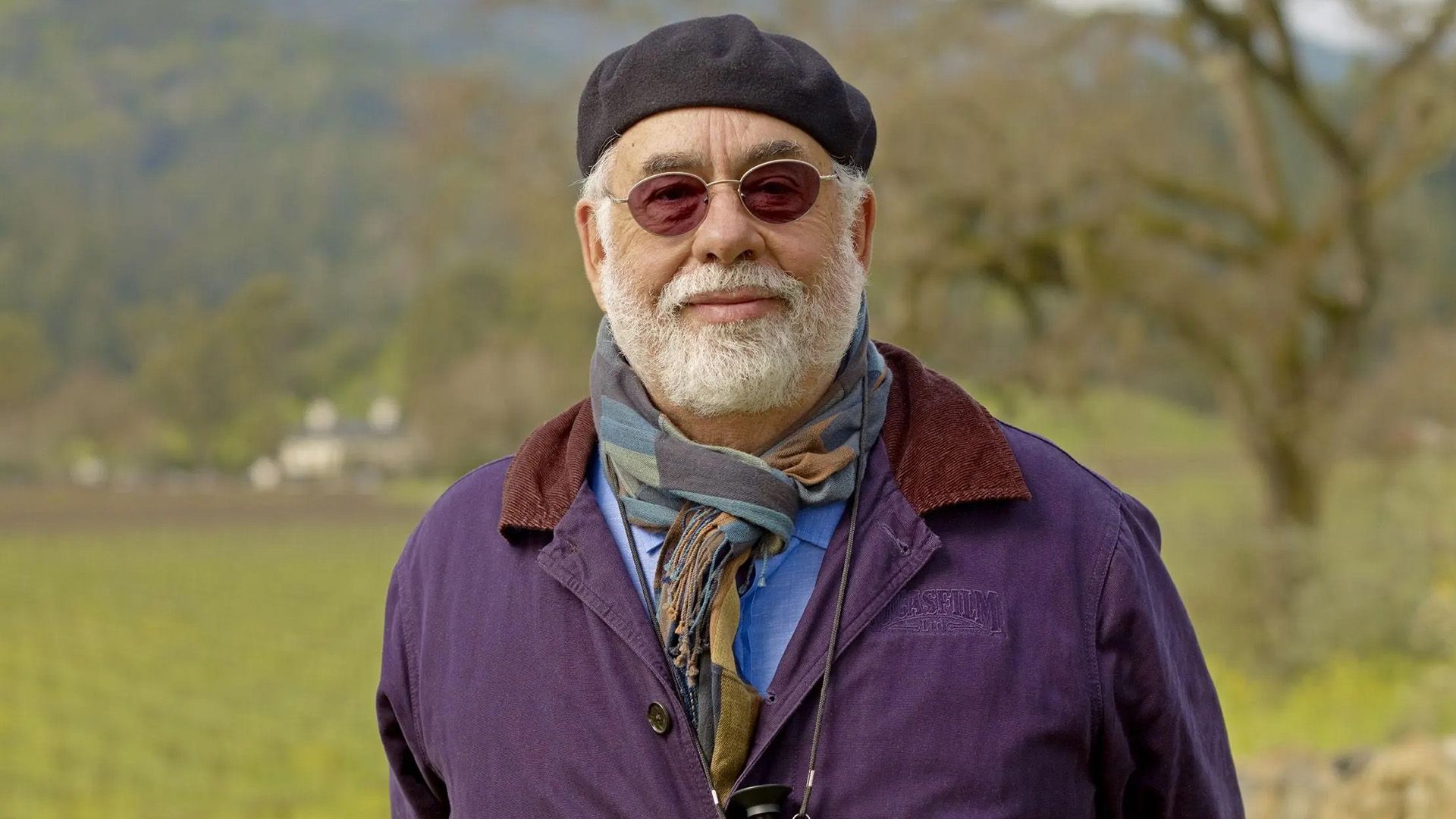
Childhood, Youth, Family
Francis Ford was born in spring 1939 in Detroit to Italian parents Carmine Coppola and Italia Pennino. He became the second child in the family. His older brother August Floyd later became a writer and musician, and his son Nicolas Cage is a famous actor. The brothers later had a younger sister, Talia Shire, who became an actress.All of Francis's ancestors were creative people: his father played the flute in the Detroit Symphony Orchestra, and his mother wrote poems and songs. His maternal grandfather was a well-known Neapolitan composer and performer.
Francis was two years old when the family moved to New York after his father was offered a job in the NBC Symphony Orchestra.
His childhood would've been typical, but at six, he was bedridden for a year with polio. To entertain himself, he staged toy theatrical shows for his siblings and invented stories with fictional characters.
His parents bought him an 8mm movie camera, and he dove in headfirst—recording home videos, learning editing, reading technical manuals, and tinkering with equipment.
Among school subjects, Francis loved physics and exact sciences the most. He preferred reading adventure novels and plays over assigned readings. Tennessee Williams's "A Streetcar Named Desire," which he first read at 15, had a huge impact on him. It became his go-to book and ignited his passion for theater.
As a teenager, Coppola also watched Sergei Eisenstein's "October: Ten Days That Shook the World" and became obsessed with the film's masterful editing.
While playing tuba and earning a scholarship to military academy as the top music student, Francis constantly thought about theater and cinema.
His older brother, who studied at Hofstra University, greatly influenced him. After finishing high school, sixteen-year-old Francis enrolled there to study theater arts. He secretly dreamed of becoming a famous playwright but had only written a few scripts for a scholarship contest by then. Unexpectedly, he won and began receiving a playwriting scholarship.
Career Path
After graduating, Francis Ford landed a job as an assistant to B-movie director Roger Corman to get hands-on experience.In 1962, the ambitious young filmmaker surprised his "boss" by re-editing the 1959 Soviet film "The Sky Calls" into the action movie "Battle Beyond the Sun." He was tasked with "americanizing" the film. Coppola didn't just translate it into English—he transformed it into a horror film.
After seeing Alfred Hitchcock's thriller Psycho, the aspiring director decided to try his hand at the genre and released the thriller "Dementia 13" in 1963, backed by Corman. Surprisingly, the film—shot in just nine days—struck a chord with audiences.
Coppola's thesis project at film school was the film "You're a Big Boy Now," distributed by Warner Bros. The comedy earned nominations for the Palme d'Or and Golden Globe, while actress Geraldine Page snagged an Oscar nomination, and the film's writer-director earned his Master of Fine Arts degree.
In 1968, Francis directed the musical "Finian's Rainbow," which received several film award nominations. Critics hailed him as a rising directorial star with both an auteur's vision and a distinctive style.
Coppola continued to wow film lovers by penning a brilliant screenplay for Franklin J. Schaffner's biographical drama "Patton."
Francis expected massive success with the release of what was then a duology, "The Godfather" (1972 and 1974), though he nearly got kicked off the set early on. As director, he proved his determination by fighting to cast Marlon Brando and the then-unknown Al Pacino. He also butted heads with cinematographer Gordon Willis, who thought Coppola knew nothing about filmmaking.
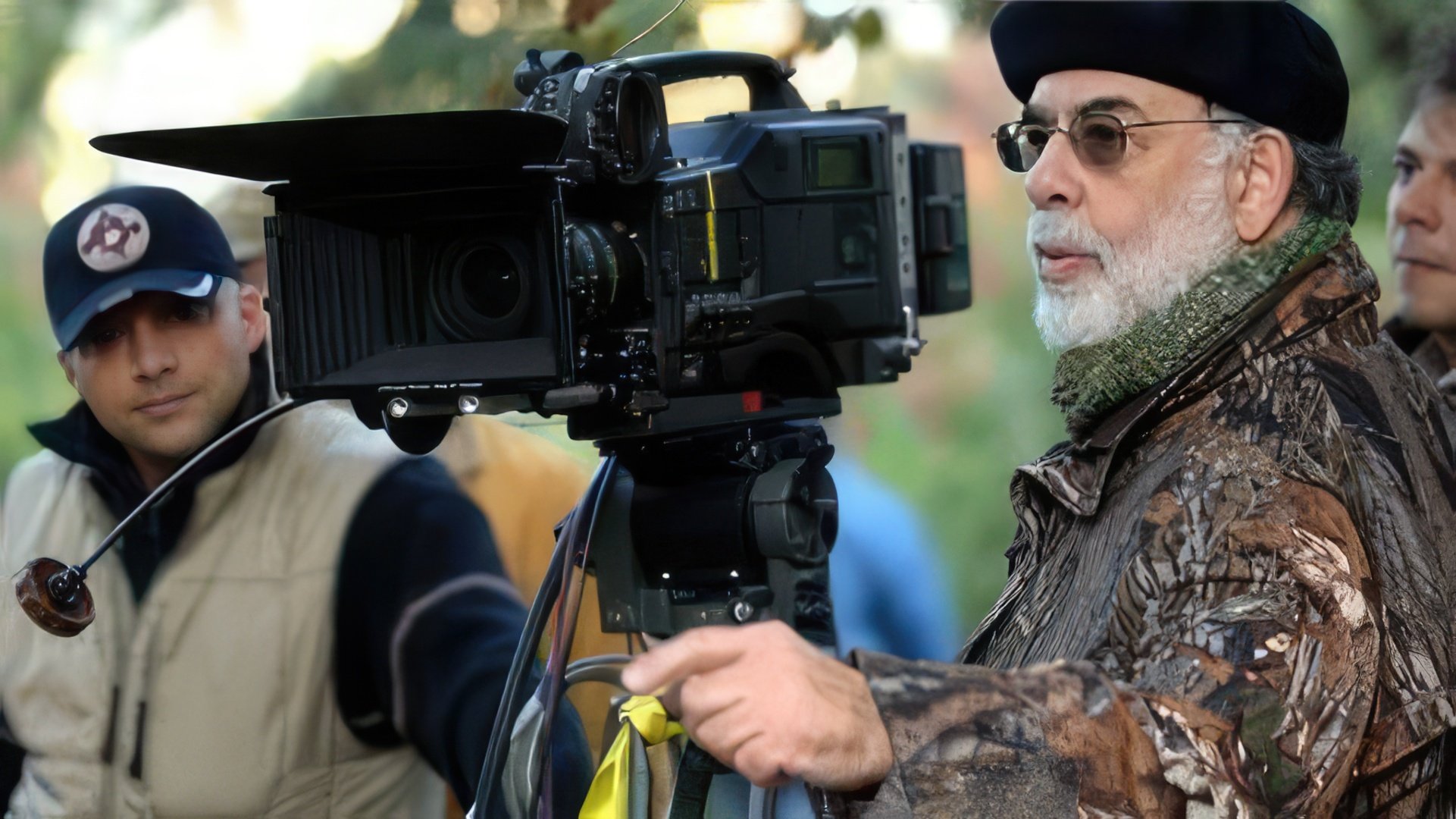
When discussing how he decided to become a composer, Francis explained:
Coppola's collection of masterpieces later included "The Cotton Club" (1984) with Richard Gere and Nicolas Cage, "Bram Stoker's Dracula" (1992) with Gary Oldman and Winona Ryder, and "The Rainmaker" (1997) with Danny DeVito and Matt Damon.I have always been interested in the concept of time because only cinema and music have full control over time. In cinema, you can rewind, fast forward, speed up, slow down. Music exists simultaneously in space, in terms of harmony, and in time: it can change tempo, repeat motifs.
In the 2000s, Coppola began directing less frequently, focusing more on film production. He helped fund projects including Tim Burton's "Sleepy Hollow," his daughter Sofia Coppola's "Lost in Translation," and Robert De Niro's "The Good Shepherd."
Coppola also stepped in front of the camera. You can spot him in "The Young Racers" as a fresh-faced newcomer, "Apocalypse Now" in his prime, and "The Black Stallion" as a seasoned performer.
In 2012, Coppola unveiled "Twixt," a horror tale following a down-on-his-luck writer.
Personal Life of Francis Ford Coppola
While shooting the horror film "Dementia 13," the young director met Eleanor Jessie Neil, an assistant art director who became his first great love. When she got pregnant, Coppola popped the question.The couple tied the knot in Las Vegas in 1963, welcoming their first child, Gian-Carlo, that same year. Roman followed two years later, and daughter Sofia completed the family in 1971.
At first, Eleanor appeared in her husband's movies and traveled with him to almost every shoot. She later turned to writing, discovered a passion for painting, and eventually moved behind the camera to direct documentaries. Her filmography also features narrative films like "Paris Can Wait" and "Love Is Love Is Love."
Tragedy struck when the director's eldest son died in a boating accident at just 22 years old.
Roman became a screenwriter, while Sofia carved out her own successful directing career. Eleanor Coppola passed away quietly in April 2024 at age 87, with no cause of death disclosed.
Francis Ford Coppola Now
Just a month after losing his wife, Coppola brought his latest project to Cannes—the sci-fi epic "Megalopolis." The main roles were played by Adam Driver, Dustin Hoffman, Forest Whitaker, and Giancarlo Esposito. The 85-year-old filmmaker poured $130 million of his own money into the project—funds he raised by selling part of his wine empire.With futuristic sets, neo-Roman costumes, and dialogue peppered with Shakespeare and Marcus Aurelius quotes, Coppola takes aim at American society through his vision of building a utopian future city.
The film competed for the Palme d'Or, though critics were divided, pointing out its ambitious flaws and eccentric choices. The director describes the film as an "epic story of political ambitions and dangerous love."
Interesting Facts
- Making "The Godfather" was an uphill battle for Francis Ford Coppola. He was just twelfth on the studio's list of potential directors. But once he got the job, he rejected the studio's suggestions like Laurence Olivier, Richard Conte, Carlo Ponti, and other big-name actors.
For Vito Corleone, he had his heart set on the controversial Marlon Brando and fought hard to cast him. The executives eventually gave in but set three conditions, one of which was impossible: Brando had to audition. Brando would never agree to that, so Coppola cleverly talked his way into the actor's house, claiming he needed photos for the makeup team.
When Coppola saw Marlon's long blond hair, he nearly groaned—this looked nothing like a mafia don. But Brando walked over to the mirror, darkened his hair with shoe polish, stuffed tissues in his cheeks, and spoke in a gravelly, damaged voice. It was a perfect fit. - "Apocalypse Now" nearly became a real-life apocalypse for everyone involved. The production was plagued with disasters—Martin Sheen's drinking and heart attack, Marlon Brando's unpredictable behavior, and actual military conflicts erupting near their Philippine locations. The budget spiraled out of control, and Coppola seriously considered walking away. Instead, he mortgaged his house, borrowed money from friends, and treated it like his final film—ultimately creating one of his masterpieces that earned countless awards.
- The musical "Finian's Rainbow" was a strange departure for Francis. He rarely directed fairy tales, let alone musicals. He wasn't thrilled about working with 1930s dance legend Fred Astaire on this theatrical project. Still, he delivered this tale of Irish immigrants who steal a leprechaun's pot of gold. Coppola's spirits were lifted by having future "Star Wars" creator George Lucas as his assistant during filming. The directors became friends and maintained their friendship throughout their lives.
Important Life Events
- 1955: Enrolled at Hofstra University to study theater arts and also attended the UCLA School of Theater, Film, and Television.
- 1962: Became an assistant to director Roger Corman.
- 1963: Debuted as a director and screenwriter with the film "Dementia 13". Married Eleanor Jessie Neil, an art director's assistant. Son Gian-Carlo was born.
- 1965: Son Roman was born.
- 1966: Directed the film "You're a Big Boy Now".
- 1969: Directed the film "The Rain People".
- 1971: Daughter Sofia was born. Won an Oscar for Best Adapted Screenplay for the film "Patton".
- 1972: Directed the film "The Godfather". Won an Oscar for Best Adapted Screenplay and Golden Globes for Best Director and Best Screenplay.
- 1974: Directed "The Godfather Part II". Won three Oscars for Best Adapted Screenplay, Best Director, and Best Picture. Also won Golden Globes for Best Director and Best Screenplay.
- 1979: Directed "Apocalypse Now". Won two Golden Globes for Best Motion Picture - Drama and Best Director, and a BAFTA Award for Best Direction.
- 1984: Directed "The Cotton Club".
- 1985: Son Gian-Carlo died in an accident.
- 1987: Directed the film "Gardens of Stone".
- 1990: Directed "The Godfather Part III".
- 1992: Directed "Bram Stoker's Dracula".
- 1997: Directed "The Rainmaker".
- 2011: Directed "Twixt".
- 2024: Wife Eleanor passed away. Directed "Megalopolis". Celebrated 85th birthday.
Found an error? Select the text and press Ctrl+Enter
Error in the text? Select it — a send button will appear
Publication Details
